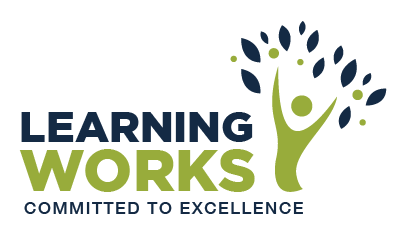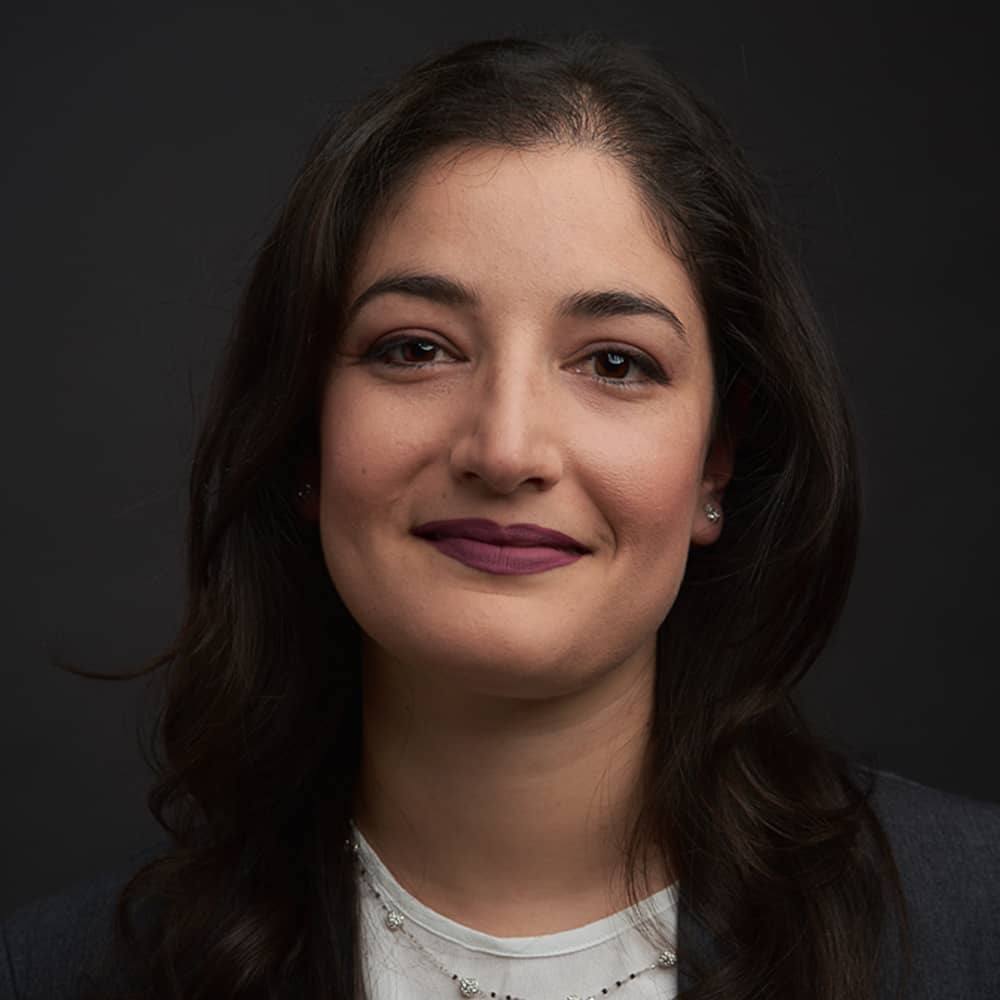Course Description
This nine-month Post-Graduate Certificate programme will expose the student to a wide range of theoretical models that address the types, causes and symptoms of eating disorders. This programme offers candidates an opportunity for CPD and specialization in this area.
It will discuss eating disorders and disordered eating. The students will learn how to recognize eating disorders and carry out differential diagnosis.
Areas covered:
- The Engagement Process
- Feeding and childhood eating issues.
- Adolescence and the role of the media in the development of eating disorders.
- Attachment theory, and substance abuse/misuse and eating disorders.
- It will also delve into body image and embodiment.
- This will also tie into gender and the development of eating disorders.
- The course will include lectures in the medical, psychiatric and the dietetic aspects of eating disorders.
- Hunger and Appetite
- Relapse Prevention
- Medication utilized for eating disorders and obesity
Learning Outcomes
By the end of the course programme the learner
Further more the learner will be able to:
|
Target Candidates
This MQF Level 7 course is suitable for those who are in possession of a warrant such as psychologists, counsellors, psychotherapists Psychiatrists, dieticians, nutritionists or mental health nurses who wish to specialize in or broaden their understanding of eating disorders.
| Course Code | Duration | Credit Value | Next Intake | FT/PT |
|---|---|---|---|---|
| LW/HSC/009 | 9 months | 30 ECTS | October 2024 | PT |
| Contact Hours | Placement Hours | Self Study Hours | Assessment Hours | Total Learning Hours |
|---|---|---|---|---|
| 150 | 45 | 395 | 160 | 750 |
Mode of Training
50% Online, 50% Face-to-Face
Assessment
Hybrid Assessment Method which includes both a continuous and a final assessment.
The following formats may be used:
Presentations (individual or in groups), case studies, weekly journaling, class debates, group work and written assignments.
Awarding Body
Learning Works
Course Structure
Module 1: What are Eating Disorders (Eds) (5 ECTS)
This module will give an in-depth look at each eating disorder and will explain who gets eating disorders. It will look at,
- Normal and Abnormal Eating
- Hunger and Appetite
- Who suffers from Eating Disorders? Who gets Eating disorders?
- Assessment and Diagnosis
- Engagement and Early Issues
- Nutritional Interventions – outpatient care
- Working with Food Records
- What may go wrong?
Module 2:Childhood and Feeding Disorders (5 ECTS)
Following are the topics covered in Module 2:
- From normal eating to disordered eating and eating disorders
- Feeding/ Eating Issues in children
- Body Dissatisfaction and dieting, and how this can lead to Eds:
- Intervention planning
- Entering the world of children
- Use of drawing/art
- Use of toys – non-directive approach
- Family-based intervention
- Presentations of Case Studies: Child Focused and discussions.
- Picky Eaters vs. Problem feeders
- The Sensory Oral Sequential (SOS) approach to feeding
- From normal eating to disordered eating and eating disorders:
- Food intake guidelines
- Defining normal eating
- Childhood ED/ Obesity- differences in developing/developed countries
- Childhood obesity: food insecurity, attachment processes, maternal poor nutrition
- Early Feeding, Child Behaviour and Parenting as Correlates of Problem Eating
Module 3: Adolescents and the Impact of Social Media in the Development of Eating Disorders. (5 ECTS)
This module covers:
- Definition of Adolescence
- Challenges faced in adolescence which might trigger Eds
- The difference between ED and Disordered Eating
- The different types of Eating Disorders
- The impact of social media on youths and how they may contribute to EDs
- Websites that promote Eds
- Attachment and Eds
- The importance of Education where adolescents suffering from Eds are concerned.
- Parent involvement
- Signs and symptoms of eating disorders and what to look out for when assessing a potential client.
- A potential assessment procedure with an adolescent
- Interventions used with clients presenting with Eds
- Introducing the correct jargon when working with clients with Eds
- Working with other professionals and reasons behind it
Module 4: Body Image, Embodiment and Expressive Art Therapy (5 ECTS)
This module will focus on body-image and the way in which it impacts the development and maintenance of an eating disorder, and therefore the relevance in supporting healthy body-image in the prevention and treatment of eating disorders.
It will outline the aspects of body-image and the way that body-image is developed through different stages and experiences of life. It will open awareness to gender and ethnic distinctions in the development of body-image. Critical influences on body-image will also be discussed.
Module 5: Attachment Theory, Substance Abuse, Gender and Eating Issues. (5 ECTS)
This module will explore attachment theory in relation to the root causes of eating disorders and the subsequent development of substance abuse. It will specifically aim at exploring the following areas: · Attachment processes and eating disorders · Anorexia nervosa and the deficiencies in the self. · Anorexia nervosa treatment and recovery. · Introduction to substance abuse. · Patterns of co-morbidity between eating disorders and substance use. Further on, this module will eventually shed light on the link between eating disorders and LGBTIQ+. The module will help the student reflect and understand the differences between gender and sexuality. With this understanding the prevalence and risk factors of this sexual minority with eating disorders (EDs) will be reflected. Therefore, the aim of this part of the module is to gain an awareness of Gender and Sexuality and what happens when there is the development of an eating disorder. This part of the Module will specifically cover the following topics: · Difference between Gender and Sexuality · Definition of ‘LGBT+’ Acronym · Coming out · Intersectionality and minority stress; self-harm, adolescents, addiction and eating disorders · Case studies with such intersectionality · Gender dysphoria and body dysphoria
|
Module 6: The Medical, Psychiatric and Dietetic Aspect of Eating Disorders. (5 ECTS)
This module aims to explore the important relationship of the medical, psychiatric, and dietetic aspect of EDs. This will be referred to as a tri-factor model. Medical care of these clients ideally includes the medical, psychiatric, and nursing aspects.
This Module will look at:
- The figure of the nurse in residential care settings and within the community. A strong and well-trained nurse can pick up subtle changes to the client’s medical and underlying psychological status which can serve as a guide to the multidisciplinary team.
- The second aspect of the tri-factor medical model is the role of psychiatrist. Eating disorders are primary psychiatric conditions that present with a host of psychiatric comorbidities such as mood disorders, personality disorders, and sleep disorders. It is crucial for the psychiatrist to recognize and treat the underlying psychiatric co-morbidities for the client to receive the most benefit from eating disorder treatment.
- Assessing the important role of sleep or sleep deprivation.
- Looking at the medical care guidelines provided by the Academy of Eating Disorders. The medical provider must be trained in the recognition and management of the medical complications of eating disorders — from the complications of extreme restricting to those of extreme bingeing — to support treatment.
- The multidisciplinary team.
- Dietetic intervention in in-patient care including,
- Medical files
- Clinical interventions
- Assessment of DH
- Intervention plan
- Communication with the medical team
- Presentations of Case Studies: Child Focused and discussions.
- Putting it all together.
Entry Requirements
Applicants should:
- Be working within a helping profession where a better understanding of eating disorders and how to support people would be useful. E.g., counsellor, psychotherapist, counselling/ clinical psychologist, mental health nurse, psychiatrist or general practitioner, nutritionist or dietician.
- Be able to demonstrate successful completion of relevant training, or substantial experience, in your stated professional capacity (as above).
- In addition, candidates should satisfy the following entry requirements:
- Be in possession of a MQF Level 7 certification from a recognised local or foreign awarding body, or equivalent
- Have a good command of oral and written communication in English with a level of proficiency in English equivalent to at least IELTS Level 6.










